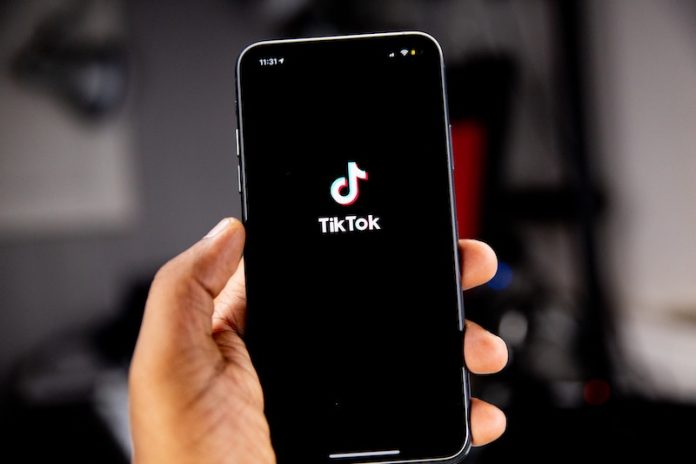
A recent study from The Ohio State University reveals a troubling fact: Many women are getting misleading or flat-out wrong health advice from TikTok, especially when it comes to cancers affecting women’s reproductive systems.
This comes at a time when millions are turning to social media for quick health tips.
Laura Chambers, the senior author of the study, warns that while social media can offer helpful support, it can also spread dangerous misinformation.
What the Study Looked At
Laura Chambers, a doctor at Ohio State’s cancer center, wanted to understand the challenges her patients face outside the clinic.
She was especially interested in what women, often young or mothers, were discussing and learning on social media.
Chambers and her team searched for the 500 most popular TikTok posts related to cancers like ovarian, cervical, and endometrial cancers. They analyzed these posts for accuracy and quality of information.
The findings were unsettling. The top posts for each type of cancer had been viewed more than 466 million times.
Yet at least 73% of these videos had poor or misleading information. The study also found that the misinformation problem was worse for some racial and cultural groups.
A Chance for Improvement
According to Chambers, the study isn’t just a warning; it’s also a chance for medical experts to understand the questions and concerns that might not come up during a doctor’s appointment.
Chambers suggests that patients should look for information and support in places that are known for offering trustworthy information, such as medical organizations or patient advocacy groups.
The study encourages doctors to consider how they can build a more trusting relationship with their patients.
This would encourage patients to bring up the real-life challenges they are facing at home, like balancing family care with medical treatments.
Chambers emphasizes the need for more diversity in health content to address racial and cultural differences in healthcare experiences and outcomes.
The Next Steps
The findings were shared at a recent medical conference and are stirring discussions in the healthcare community.
Chambers says that one of the next steps is to think about how to correct these online inaccuracies and create more reliable and diverse content.
She suggests that patients who are looking for a community of people going through similar health experiences should seek out reliable and reputable sources, both online and in person.
In summary, the study highlights a pressing need for accurate, trustworthy information about women’s cancers.
It also shows that social media platforms like TikTok are a double-edged sword: they can connect us but also mislead us.
So, the next time you come across a health tip on TikTok, it might be a good idea to double-check that info with a trusted source.
If you care about cancer risk, please read studies that exercise may stop cancer in its tracks, and vitamin D can cut cancer death risk.
For more information about cancer, please see recent studies that yogurt and high-fiber diet may cut lung cancer risk, and results showing that new cancer treatment may reawaken the immune system.
The research findings can be found in Gynecologic Oncology.
Follow us on Twitter for more articles about this topic.
Copyright © 2023 Knowridge Science Report. All rights reserved.



